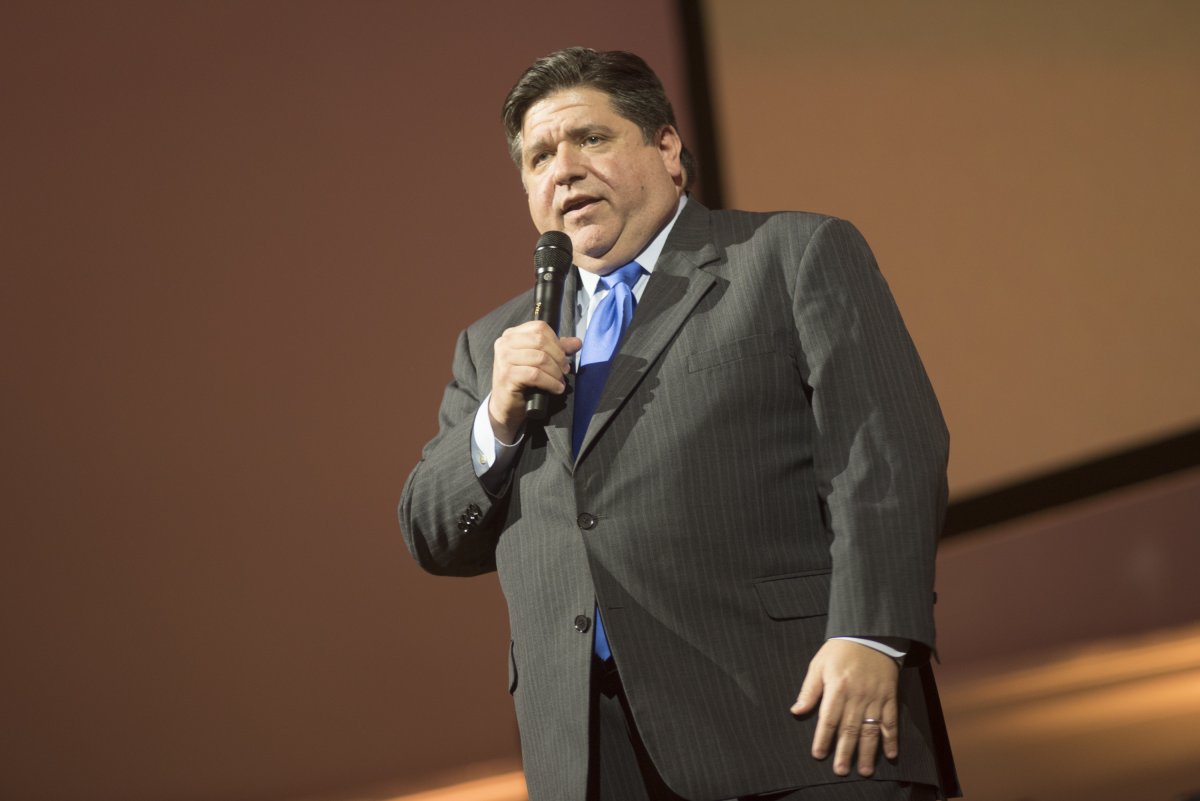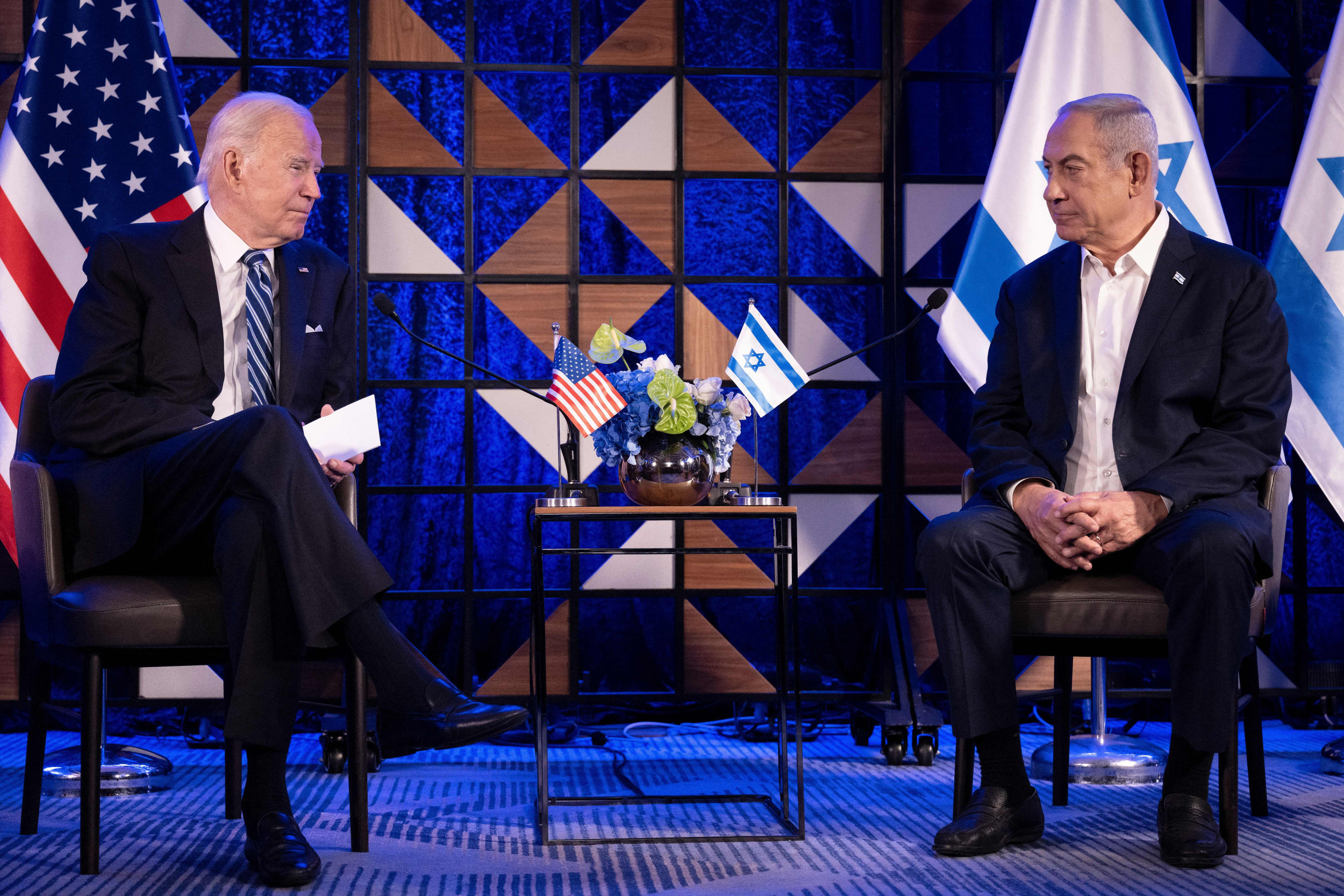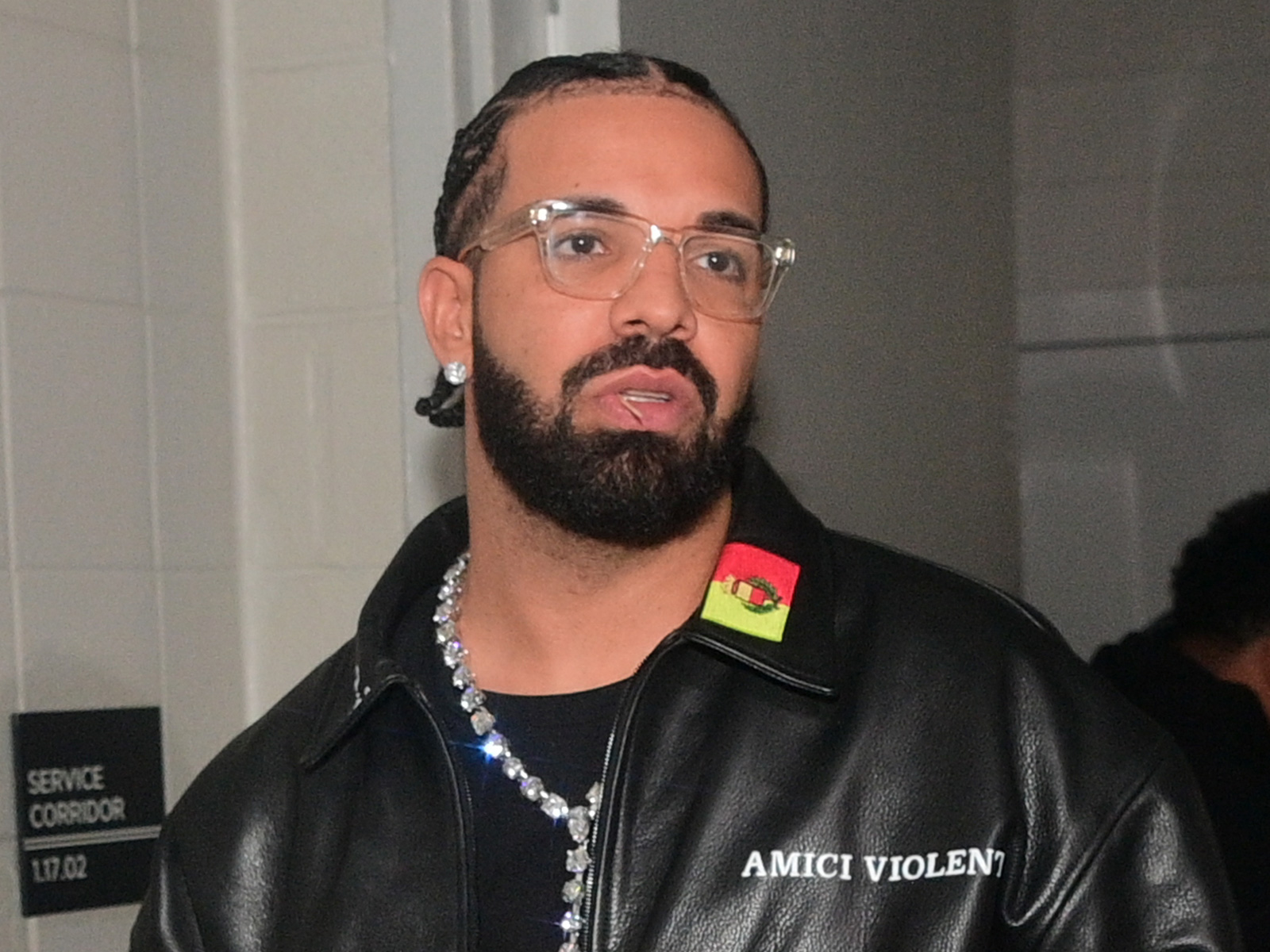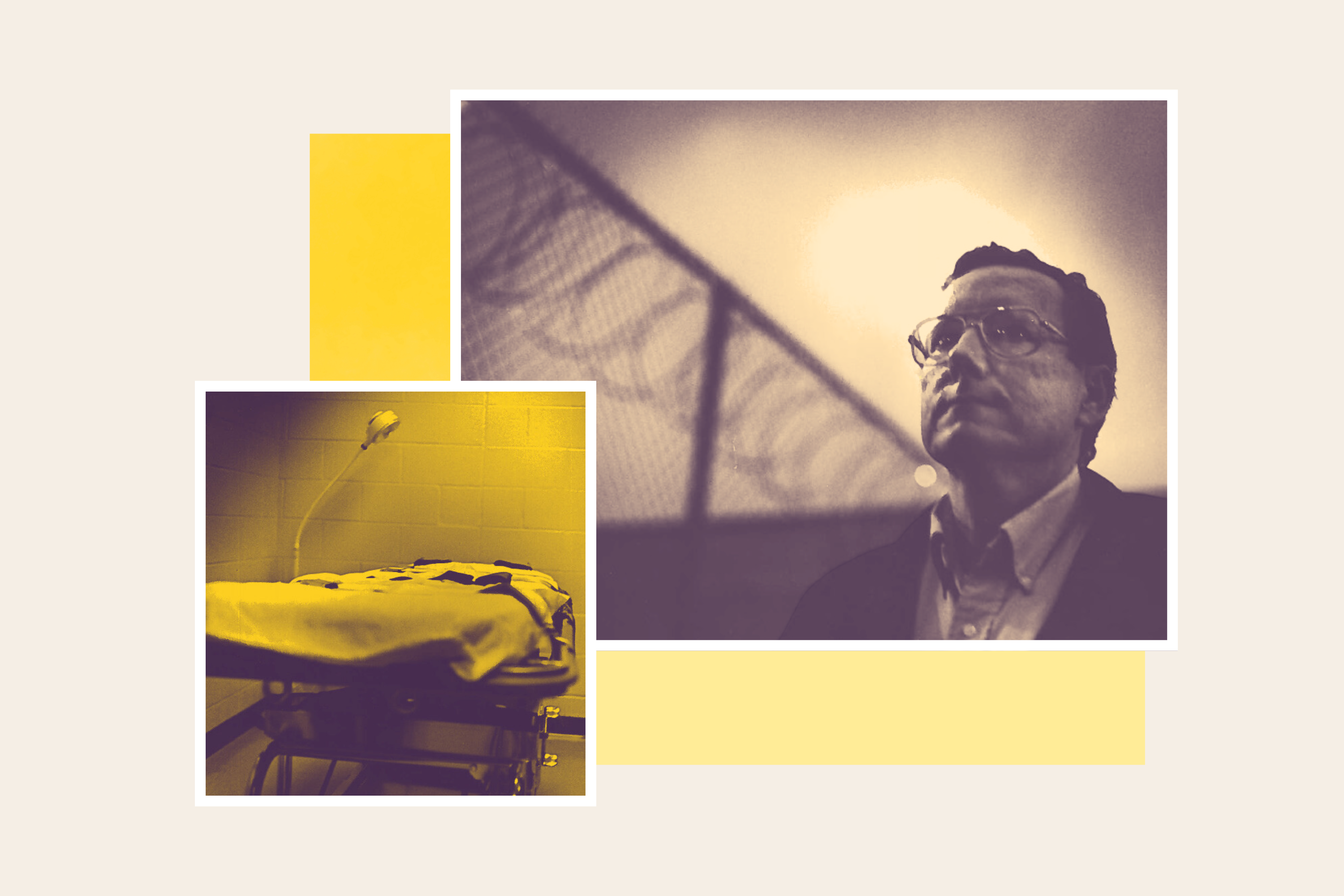Politicians have long been enamored by their own wisdom—and power. Love of self-governance, individual freedom and other principles that have made America exceptional has recently laid bare the fecklessness of "because I said so" governance.
Religious liberty reveals this most brilliantly. As the previously unknown virus with unknown impact landed upon our shores, the American people quickly adjusted their lives as they assessed the threat. This included our houses of worship. Doors that had not shut since 1920 closed in favor of virtual services—or none at all. Love of neighbor and civic duty compelled the faithful to self-isolation. It was supposed to be temporary—just help flatten the curve, we were told.
Just a few weeks later, as Easter approached, the American faithful realized the need to exercise their faith corporately. Enterprising pastors bought AM transmitters, hauled in flatbed trailers and marked their parking lots for social distance. Simply seeing one another—even through closed car windows—helped sustain their flock through a difficult period.
But some politicians despise a challenge to their authority. Without actually presenting any, they claimed the science compelled them to send state police to church parking lots. Tasking state police with writing down license plate numbers and forcing their owners into house arrests they called "quarantine," state officials flexed their newfound power.
It took a federal judge to correct that abuse of power. No matter. Illinois Governor J.B. Pritzker would soon announce that churches could not meet in groups as large as the 12 disciples, but an entire crowd the size of a Major League Baseball team roster could gather in the plumbing section of Home Depot. When someone dared question this, Governor Pritzker threatened to shut churches down—as if he could!—for more than a year, or until a vaccine arrived.
Not to be outdone, New York City Mayor Bill de Blasio threatened to permanently shut down his city's synagogues for refusing to toe his self-declared line. Not long after, Mr. de Blasio's staff would be seen linking arms with thousands of protestors on the city's streets, chanting, screaming and singing in closer proximity than any synagogue had. He justified the seeming hypocrisy with an intersectional hierarchy that could only be understood in 2020.
Soon enough, the American faithful began to realize that these politicians, draped in the cloak of their own power, were actually naked. Would New York Governor Andrew Cuomo really send SWAT teams to disperse worshipers gathered inside cars parked in the church parking lot? Would Governor Pritzker call up the National Guard to prevent worshipers—following every announced CDC health and safety guideline, and then some—from entering their own church?

It turns out they would not. Churches, synagogues and mosques began carefully meeting in-person once again. It turns out, as Judge Gregory Van Tatenhove observed, "If social distancing is good enough for Home Depot and Kroger, it is good enough for in-person religious services which, unlike the foregoing, benefit from constitutional protection."
Soon, cases started floating to the Supreme Court of the United States. When a church in Nevada complained of obviously inequitable treatment by Governor Steve Sisolak, a majority of the high court shrugged. The majority saw no inequity in limiting churchgoers to under 50 people while simultaneously permitting casinos to lawfully operate at 50 percent capacity.
Religious Americans, besieged by months of 14 days to slow the spread, found only minimal consolation in Justice Neil Gorsuch's dissent: "[T]here is no world in which the Constitution permits Nevada to favor Caesars Palace over Calvary Chapel."
The latest comes from Los Angeles, where the self-wise mayor threatens to shut off water service to houses of worship that refuse to bow the knee to his office. What he and other elected officials seem incapable of grasping is that a self-governed people depend upon elected officials for guidance, but have ceded no final authority to them when it comes to the free exercise of religion.
Politicians, thinking themselves wise, may threaten to permanently shut down houses of worship, close them indefinitely, stop up their water pipes or intimidate by means of fines, house arrest and imprisonment. They do not understand the soul-level commitment to the free exercise of religion possessed by millions of Americans. The more politicians insist the faithful kiss their ring of power, the more the faithful will politely say, "No," and find a way to marginalize the lust for all-encompassing power on display by would-be public servants.
If it takes converting casinos, laundromats, beaches and abortion clinics into the 21st-century version of the catacombs in order for Americans to meet and exercise their faith, religious liberty will find a way to survive the authoritarian dictates of elected officials treating the faithful like second-class citizens.
Jeremy Dys (@JeremyDys) is special counsel for litigation and communications for First Liberty Institute, a non-profit law firm dedicated to defending religious freedom for all Americans. Read more at FirstLiberty.org.
The views expressed in this article are the writer's own.
Uncommon Knowledge
Newsweek is committed to challenging conventional wisdom and finding connections in the search for common ground.
Newsweek is committed to challenging conventional wisdom and finding connections in the search for common ground.
About the writer
To read how Newsweek uses AI as a newsroom tool, Click here.






